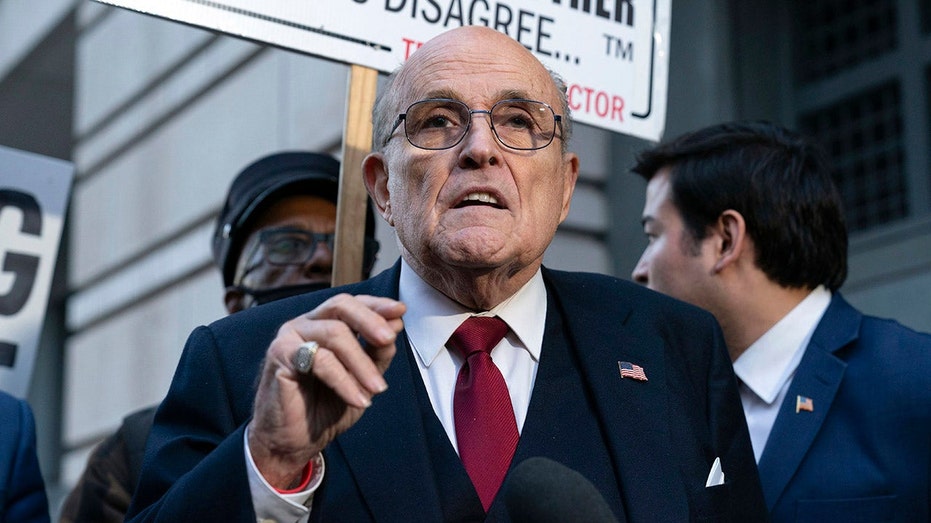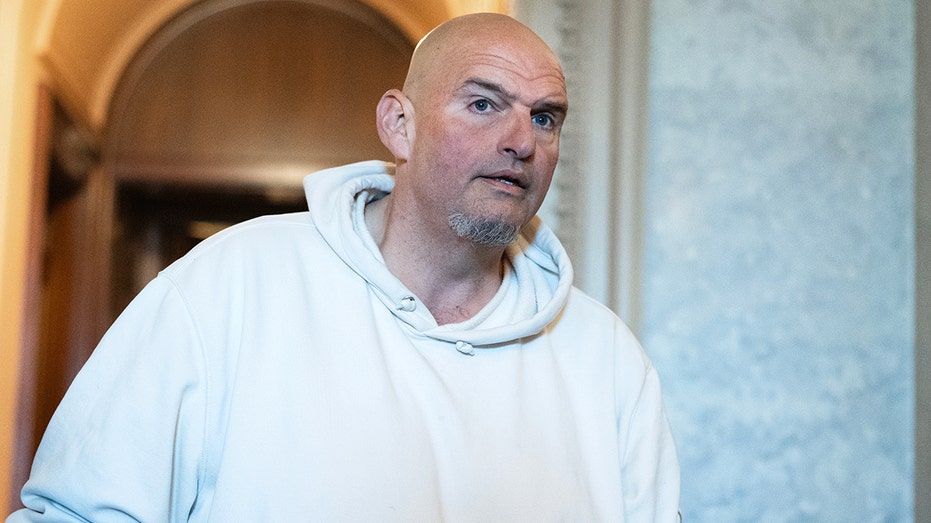In a sweeping action, former President Donald Trump extended pardons to over 70 individuals accused of involvement in efforts to challenge the 2020 election results. The move ignited immediate debate, raising questions about its implications for accountability and the future of American democracy.
While largely symbolic – as the pardons apply only to federal charges, and none of the recipients currently face such charges – the gesture carries significant weight for those whose reputations have been tarnished by accusations of election interference. Experts suggest the pardons may embolden recipients to seek reversals of professional sanctions, despite the limitations of presidential clemency.
Among the most prominent figures pardoned was Rudy Giuliani, Trump’s former personal lawyer. Giuliani aggressively promoted claims of a “stolen” election and currently faces state-level charges in Arizona related to election interference. The pardon does not shield him from those state charges, but could offer a platform for rehabilitation in the public eye.
Legal scholars point out that a pardon cannot automatically restore a disbarred lawyer’s license or undo other professional consequences. However, Walter Olson, a senior fellow at the Cato Institute, explained that the pardon could be presented as vindication, fueling attempts to overturn disbarment or regain lost employment.
Giuliani was disbarred in both New York and Washington D.C. in 2024, after courts determined he repeatedly made false statements about the 2020 election, directly undermining faith in the electoral process. Despite this, his team argues the pardon strengthens his case for reinstatement to the bar.
Beyond Giuliani, the pardons extended to Mark Meadows, Trump’s former chief of staff, and Sidney Powell, another lawyer who championed unsubstantiated claims of election fraud. This action echoes previous pardons granted to individuals involved in the January 6th, 2021 attack on the U.S. Capitol.
Critics have condemned the pardons as a dangerous attempt to rewrite history and normalize efforts to subvert democratic processes. Senator Adam Schiff characterized the move as an effort to erase accountability for those who instigated the January 6th insurrection, potentially paving the way for similar actions in the future.
The White House defended the pardons, framing the charges faced by Trump allies as politically motivated and akin to “communist tactics.” They argued that prosecuting individuals for challenging election results is a hallmark of authoritarian regimes, not the United States.
While the immediate legal impact of the pardons may be limited, the symbolic gesture resonates deeply within a nation still grappling with the aftermath of a contested election and the fragility of its democratic institutions. The long-term consequences remain to be seen.
The Justice Department’s Pardon Attorney, Ed Martin, formally announced the pardons on Sunday, adding another layer to a complex and controversial chapter in American political history. The timing of the pardons, and the motivations behind them, continue to be debated.





